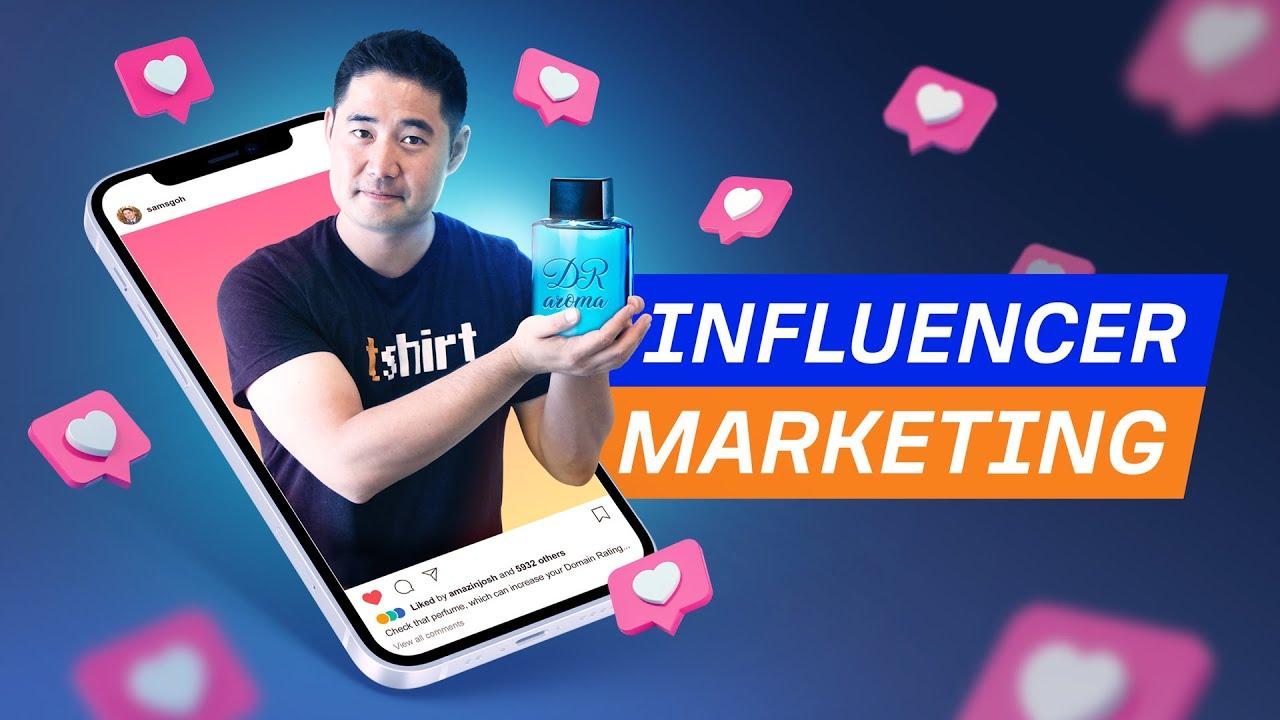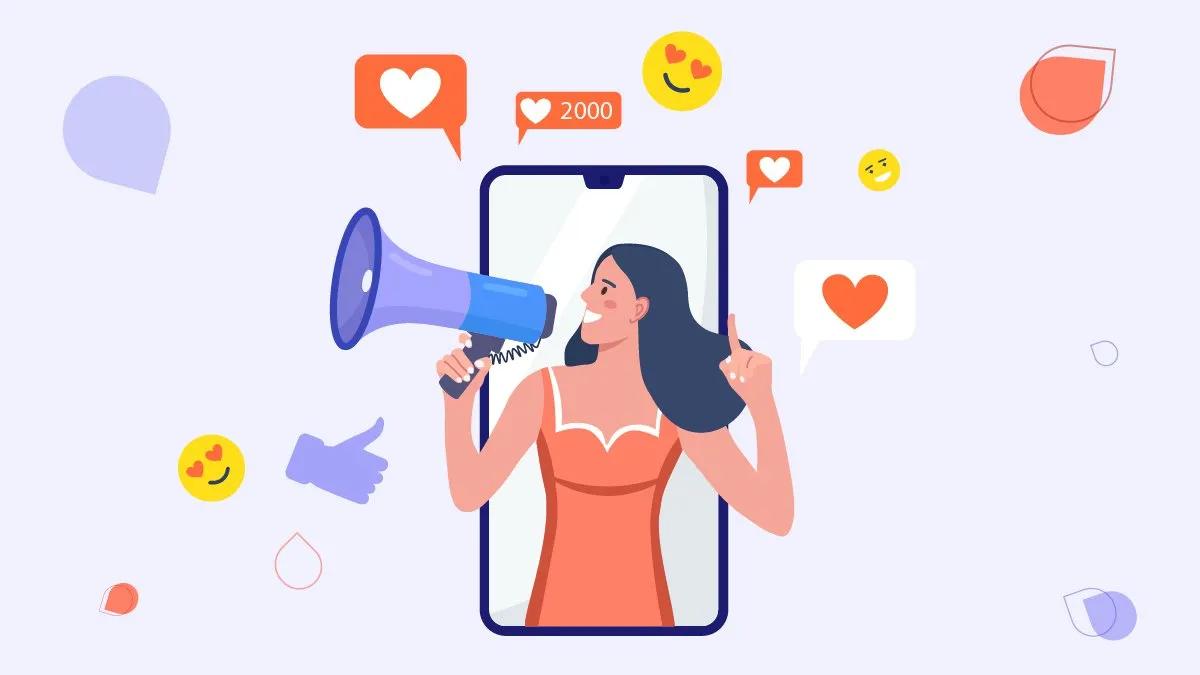
In the vibrant world of digital content,where creativity knows no bounds and influence is just a click away,YouTube has emerged as a colossal platform for brands and marketers alike. Enter the realm of influencer marketing—a phenomenon that has transformed the advertising landscape,placing everyday creators at the forefront of brand storytelling. Yet, amid the excitement and potential for partnership lies a complex web of legal considerations that can leave even the savviest marketers feeling lost. “Navigating the Law: youtube Influencer Marketing Demystified” aims to unravel this intricate tapestry, offering insights into the dos and don’ts of influencer collaborations. From sponsorship disclosures to copyright issues, this guide will illuminate the key legal principles every creator and brand should understand, empowering them to forge partnerships that are not only innovative but also compliant. Join us as we explore the intersection of creativity and legality, ensuring that your influencer marketing journey is as smooth as it is successful.
Understanding the Legal Framework: Key Regulations for Influencer marketing
When navigating the complex world of influencer marketing on YouTube, it is essential to be well-versed in the various regulations that govern advertising and endorsements. The Federal Trade Commission (FTC) plays a significant role in this arena, mandating that influencers and brands ensure clarity in sponsored content.To comply with these regulations, influencers must clearly disclose any relationships with brands that could influence thier recommendations. This includes using phrasing like “#ad,” “#sponsored,” or other similar tags in their video descriptions and on-screen visuals. Failure to adhere to these disclosure guidelines can result in penalties, making it imperative for influencers to prioritize transparency.
Along with FTC guidelines, influencers must also be aware of copyright laws and platform-specific policies. For instance, using music, clips, or images without adequate licensing can lead to copyright violations. YouTube operates under its own content policies, and creators should familiarize themselves with these to avoid strikes against their channels.Additionally, contracts between influencers and brands ofen include clauses related to content ownership and usage rights, which should be carefully reviewed to ensure compliance. Key regulations include:
- Disclosures: Clear and conspicuous disclosures of paid partnerships.
- Copyright: Adherence to copyright laws for third-party content.
- Consumer Protection: Avoiding deceptive practices and false advertising.
| Regulation | Description |
|---|---|
| FTC Guidelines | Mandatory disclosures for sponsored content. |
| Copyright law | Protection against unauthorized use of content. |
| YouTube Policies | specific rules set by YouTube for content creators. |

Disclosing Relationships: Best Practices for Transparency and Compliance
In the dynamic realm of influencer marketing, maintaining transparency is not merely a legal requirement but a crucial element of trust-building with your audience. Influencers must clearly disclose any relationships or sponsorships to ensure followers are aware of the commercial nature behind their recommendations. This approach not only aligns with FTC guidelines but also enhances credibility. Best practices include incorporating disclosures at the beginning of a video or post and using straightforward language that audiences can easily understand. Here are some effective ways to implement transparency:
- Use clear terms like “#ad” or “#sponsored” prominently in titles and descriptions.
- Feature verbal disclosures during the video itself, ideally within the first few seconds.
- Provide insights into your partnership with brands by sharing the creative process behind sponsored content.
Additionally, keeping thorough records of all collaborations is vital for compliance. This practice ensures that influencers can provide documentation if questioned by regulatory bodies. A well-maintained log of partnerships can help navigate potential audits and foster a positive relationship with brands seeking ethical influencers. Below is a simple depiction of key elements to include in your partnership documentation:
| Brand | Date of Collaboration | Type of Content | Disclosure Method |
|---|---|---|---|
| Brand A | 01/01/2023 | youtube Video | #ad in title |
| Brand B | 02/15/2023 | Instagram Post | Verbal mention |

Intellectual Property Considerations: Protecting Your Content and Brand
In the rapidly evolving world of YouTube and influencer marketing, understanding the intricacies of intellectual property (IP) is crucial for anyone looking to protect their creations and brand identity. As a content creator, it’s essential to recognize that your videos, graphics, scripts, and even music are covered by copyright as soon as they are fixed in a tangible medium.Therefore, make sure to:
- Register your copyrights: While copyright exists automatically, registering with the U.S. Copyright Office provides legal advantages.
- Use trademarks wisely: Protect your brand name, logo, and slogans to prevent unauthorized use by other creators.
- Draft clear agreements: When collaborating with other influencers or businesses, use contracts to define ownership and usage rights.
Additionally, staying informed about fair use doctrine can safeguard you from potential legal pitfalls when using third-party materials. Fair use allows limited use of copyrighted content without permission, but it’s frequently enough misinterpreted. To help clarify some common considerations,refer to the following table:
| Factor | Consideration |
|---|---|
| Purpose of Use | Is the use transformative or purely commercial? |
| Nature of the Work | Is it published,or is it a factual work? |
| Amount Used | How much of the original work is incorporated? |
| effect on Market | Does your use affect the market value of the original? |
Being proactive about these considerations will not only help you defend your content but also foster a culture of respect and integrity within the influencer ecosystem.

Navigating Contracts and Agreements: Essential Tips for Influencers and Brands
Understanding the nuances of contracts and agreements is crucial for both influencers and brands engaged in YouTube marketing. Clarity is key; ensure that every term is defined explicitly to avoid ambiguity. It is essential to verify that the contract outlines the scope of work, compensation, and timelines. Don’t shy away from asking for clarifications or amendments if the language seems convoluted.Additionally, consider the nature of obligations—both parties should agree on deliverables, such as video length, content type, and approval processes to maintain a healthy collaborative relationship.
Another vital aspect to include is the disclosure of relationships as mandated by FTC guidelines. Contracts should specify how influencers will communicate their partnerships with brands, ensuring transparency that builds audience trust. When negotiating, consider incorporating clauses addressing revisions, exclusivity, and usage rights to protect both parties’ interests. Here’s a brief overview of essential elements to negotiate in contracts:
| Contract Element | Description |
|---|---|
| Scope of Work | Details on content creation and expected outcomes. |
| Payment Terms | Frequency and method of payment. |
| content Ownership | Clarifies who holds the rights to the produced content. |
| Performance Metrics | Assessment criteria for the campaign’s success. |
In Summary
As we reach the conclusion of our exploration into the intricate world of YouTube influencer marketing, it becomes clear that this dynamic field is as exciting as it is indeed complex. Navigating the legal landscape may seem daunting,but understanding the fundamental principles can empower both influencers and brands to create authentic,engaging content while staying compliant with the regulations that govern this space. Armed with knowledge and best practices, you can turn your marketing endeavors into a harmonious collaboration that resonates with audiences and fortifies brand integrity.
Remember, the key to successful influencer marketing lies in transparency, authenticity, and a commitment to fostering trust with your audience. As this vibrant medium continues to evolve, staying informed about legal guidelines will ensure that your creative partnerships thrive. So, embark on your influencer marketing journey with confidence, knowing that by embracing these principles, you can illuminate the path to success in the captivating world of YouTube. Keep creating, keep engaging, and most importantly, keep navigating—your audience is waiting.